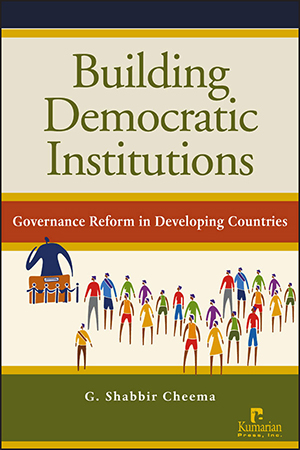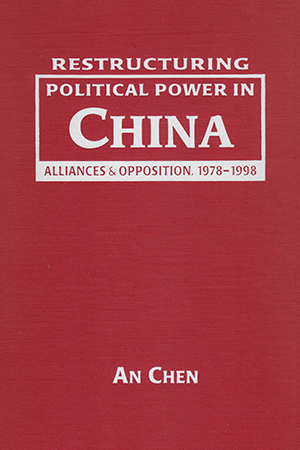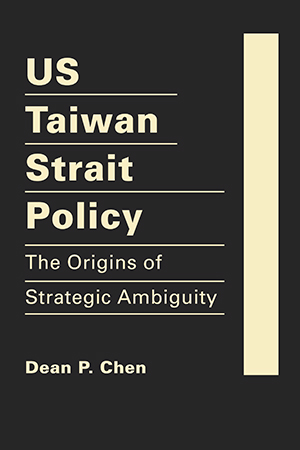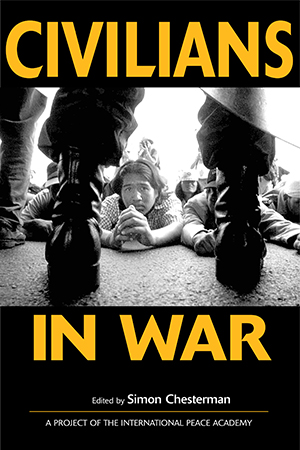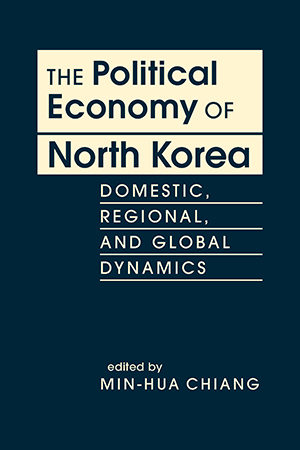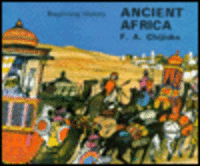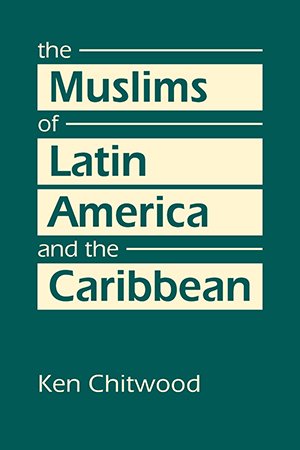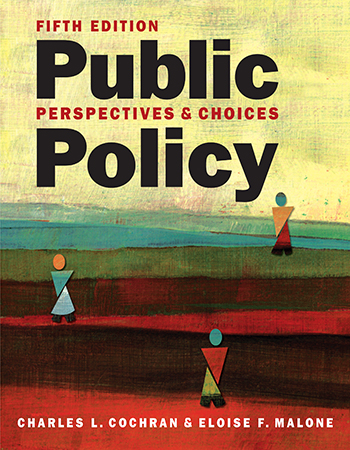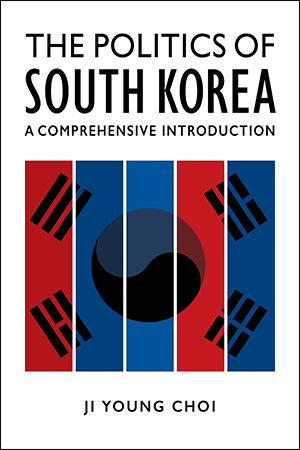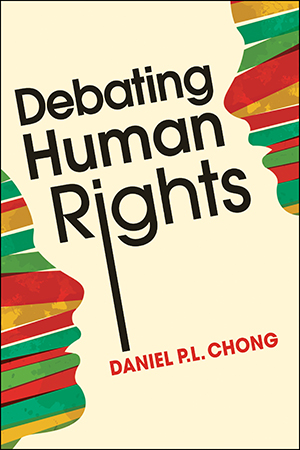BOOKS
Bridging the gap between theory and practice, Shabbir Cheema draws on a wealth of case studies from around the world to clarify the links among governance, democracy, and human development More >
This systematic study of China's structural transformation during the past two decades emphasizes the balance-of-power game so ably played by Deng Xiaoping and others among the post-Mao More >
Why did the Truman administration reject a pragmatic approach to the Taiwan Strait conflict—recognizing Beijing and severing ties with Taipei—and instead choose the path of More >
In World War I, only 5 percent of all casualties were civilian; in World War II, that number was 50 percent; and in conflicts in the 1990s, civilians accounted for up to 90 percent of those More >
Driven by foreign investments and exports, the economies of many East Asian countries have seen dramatic growth—but North Korea has lagged behind. Why? What are the country's More >
Winner of the Religion News Association's Award for Best Nonfiction Religion Book! The "Muslim World" is often narrowly conceived as tied to the Middle East and North More >
Drones. Healthcare. Immigration. The economy. Gun control. Topics in the news on a daily basis, all the subject of heated policy debates. This new edition of Public Policy: Perspectives and More >
Once an impoverished, autocratic country, in just a few decades South Korea has transformed itself into a vibrant democracy with a highly developed economy. Using a comparative perspective More >
Even as human rights provide the most widely shared moral language of our time, they also spark highly contested debates among scholars and policymakers. When should states protect human More >



